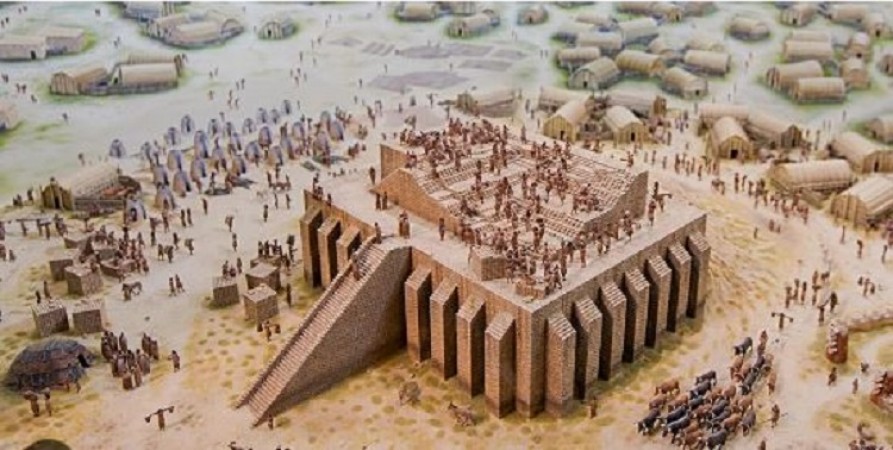
Babylon, one of the most prominent cities of ancient Mesopotamia, eventually became part of the territory that is now modern-day Iraq. The transformation of Babylon into Iraq and the fate of its original inhabitants are intriguing chapters in history. Here's a detailed article that provides a timeline of events.
The Original Inhabitants of Babylon:
Babylon, one of the most iconic cities in ancient history, was originally founded as a small Akkadian town around 2300 BC. The Akkadians, who were a Semitic people, were the original inhabitants of the region. However, the city gained prominence under the rule of the Amorites, a Semitic-speaking people who established the First Babylonian Dynasty. King Hammurabi of Babylon, who reigned from 1792 to 1750 BC, is famous for his legal code, known as the Code of Hammurabi.
Islamic Invasion and the Shift to Iraq:
The fate of Babylon took a significant turn with the Islamic conquests in the 7th century. In 641 AD, during the early years of the Islamic expansion, Babylon was captured by Muslim forces. Over the following centuries, the Islamic Caliphates continued to govern the area, and the city's importance waned. This marked the beginning of Babylon's transition into what would later become the modern state of Iraq.
The Decline of Babylon:
The decline of Babylon was a gradual process, marked by several factors. As the Islamic Caliphate extended its rule over the region, the ancient city's significance as a political and cultural center diminished. Additionally, the gradual silting of the Euphrates River, which had been a vital water source and a means of transportation, posed significant challenges to the city's sustainability. The continuous migrations and invasions in the region also contributed to the decline.
Babylon's Civilization End:
The definitive end of Babylon's civilization can be attributed to a combination of factors, including the shift in political power, environmental changes, and the rise of other Mesopotamian cities. As the Islamic Caliphate consolidated its control over the territory, other cities in the region, such as Baghdad, emerged as new centers of power. The transfer of the capital to Baghdad marked the final step in Babylon's decline as an influential urban center.
Timeline of Key Events:
Circa 2300 BC: Babylon is founded as a small Akkadian town.
1792-1750 BC: King Hammurabi's rule brings prominence to Babylon.
641 AD: Babylon is conquered by Muslim forces during the Islamic expansion.
8th to 10th centuries: Gradual decline of Babylon's political and cultural significance.
11th century: The silting of the Euphrates River accelerates, further affecting Babylon's prosperity.
8th to 12th centuries: Other cities like Baghdad rise to prominence.
13th century: Babylon's transformation into modern-day Iraq is largely complete.
In conclusion, Babylon, with its rich history and significant contributions to human civilization, eventually evolved into modern Iraq due to the Islamic conquests and a series of historical, environmental, and geopolitical changes. The original inhabitants of Babylon, the Akkadians and later the Amorites, witnessed the transformation of their city into a different entity altogether. The decline of Babylon as a prominent civilization was a complex process influenced by numerous factors, but its legacy continues to captivate the world as a symbol of the ancient past.
Jaishankar Calls for Regional Stability and Economic Cooperation Amid Indirect Dig at China
Canadian Diplomats Granting Visas to Khalistani Supporters: Report